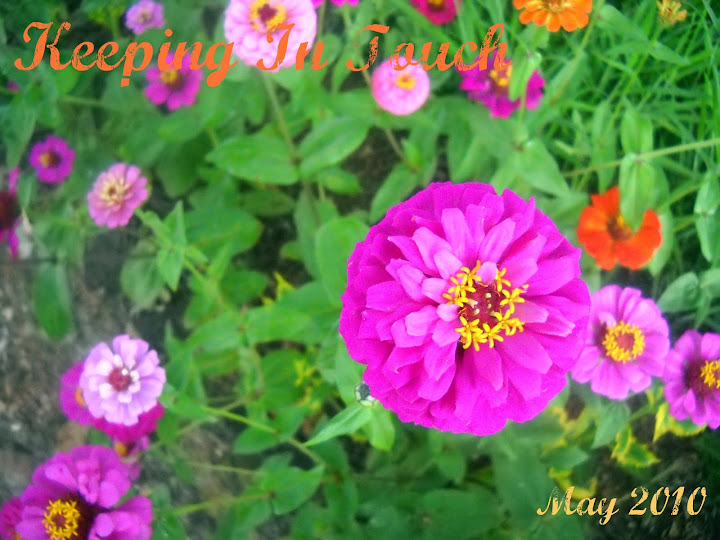Before I even start writing, let me say that I'm awful at communicating what I want to say. Yesterday was kind of like a culture overload, so I'm pretty sure I'm going to babble a bunch. You have been warned.
Yesterday I went with Christine Crowson to Nyamata, a village about 30 minutes out of Kigali. We went with Nsegimana to visit his sister Jane. (A little family history... Nsegimana and Jane have 2 other living brothers. Their parents were killed in the genocide along with their 2 oldest brothers who tried to fight.)
Jane is a widow and is HIV positive. She has a 14 year old girl and a 9 year old boy. She lives alone and doesn't have any work except for going to the market 2 days a week to try to get money for food. Her brothers want her to move out of her house because they think it's too big for her. This is her house.
After we visited Jane's house, we all went to visit Jane and Nsegimana brother who lives about 30 minutes off the main road. He wasn't home, but his wife and two kids were. Both of his babies are sick with malaria right now.
He lives in the family house and has a piece of land to cultivate. These are beans and corn, what I've mainly seen growing here.
Then, we went back to the main road and up a different dirt path to see Nsegimana's new house. The Red Cross donated the land and roofs of these houses to orphans. Since Nsegimana lives in the city, he is building this house for Jane to live in and be able to make some money off the land.
Jane stayed at the new house and we went back to Kigali. Writing all of this, it seems like we just went and came back. We were gone from 9 in the morning to 2 in the afternoon. Everything is so far off the main road, and the dirt roads are awful.
On the way from Kigali to Nyamata, we passed a sign in French that I was pretty sure said something about the genocide. It was a genocide memorial. Then it hit me. I knew where I was. I had read about this place. In this book and this book. I recognized these swamps and the main road. I had seen pictures. This was where one of the worst areas of the genocide was. Christine told me the people would hide every morning in the swamps. The perpetrators would come from other villages and basically hack through the swamps until they hit someone. Nsegimana's family was a wealthy family from Nyamata. They had many cows. During the genocide, they lost not only their parents and brothers, but also their wealth. It's hard to believe that a place this beautiful has seen so much pain.
Free Reading One River ebooks Free PDF
4 years ago







this is all so sad!!!! i miss you so much... love ans
ReplyDeleteHow horrifying! That is a lot to take in. I can see why you're feeling cultural overload, but I think you did a great job of communicating in spite of it.
ReplyDeleteWow. What a different world we live in. It's hard to imagine what their lives must be like. We miss you a bunch, but keep on learning and sharing God's love like you always do. We are praying for you. I especially love the first and last pictures. Love, Mom
ReplyDeleteThat is a lot to take in. I know that it is extra special when you have read about it and recognize where you are. May the Lord of peace bless you and protect you as you continue your journey! Remember..."act today... change tomorrow!"
ReplyDeletePeace,
Sascha
Obrigada Bonni por estar se deixando usar como instrumento de Deus, para revelar histórias da vida real tão impactantes...Deus abençoe esta tua missão.
ReplyDelete